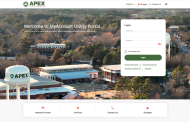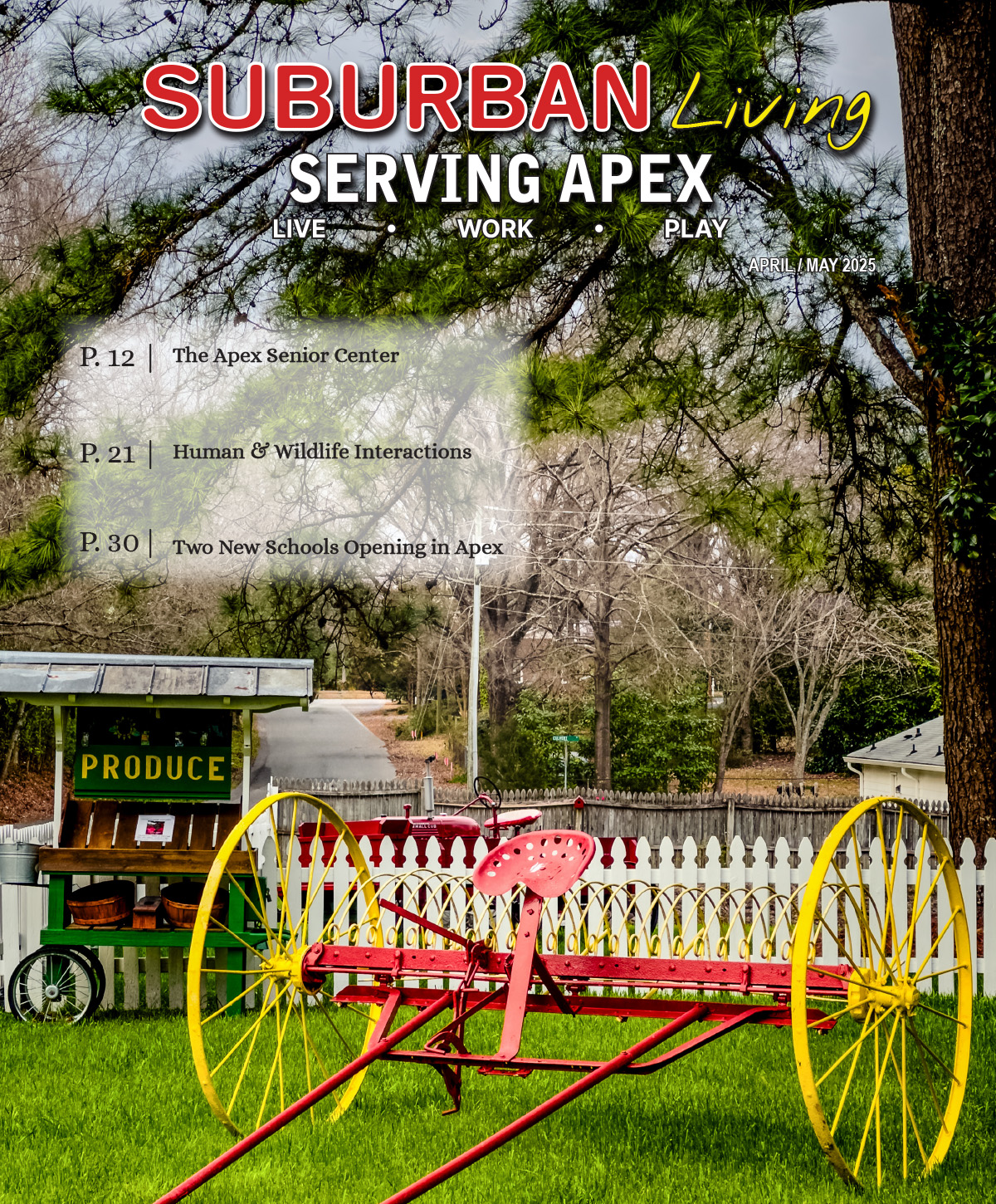I work with people of all ages, income levels, retirement timelines, and goals. There is one commonality though, and that is everyone wants to save enough so they will not run out of money during retirement. Life expectancy has continued increasing and the likelihood of living well into your 90s is something that needs to be considered. To ensure your nest egg will be enough, avoid these common missteps and you’ll be putting yourself in a good position to retire with peace of mind.
Not starting early enough
How many times have you had something on your to-do list and kept pushing it aside? You know you need to start investing for retirement, but the thought overwhelms you and you don’t want to think about it. I think a lot of people don’t realize how much they’re leaving on the table by waiting to start investing. One of the keys to growing a nest egg large enough to sustain your retirement is compounding interest. The gains earned and kept in the market continue growing and over decades can turn into substantial dollar amounts. Waiting until your 30s or 40s can cost you a significant amount of money which in turn might derail your retirement goals. I recommend starting to save as early as possible and make it a habit that you just can’t quit.
Being too conservative
Many people are very wary of the stock market. It may be because they don’t understand investing and find it intimidating, or it could be seeing the big swings during times of volatility. Whatever the reason, being too conservative with your investing out of fear can have similar results as not starting your investing early enough. Don’t be afraid to be aggressive with your investing when you are younger. You have time on your side to recover from market downturns. As you move closer to retirement, you want to start shifting some of those gains into more conservative investments and slowly decrease your stock.
Not diversifying
Another misstep I see is the exact opposite of being too conservative. I often see people with portfolios made up almost entirely of growth stocks. Over the last decade, growth stocks and especially the technology sector have produced huge gains which has led some people to pour all their money into these areas. The danger of doing this is there will be times when growth stocks falter and you never know when that is going to happen. By putting all your eggs in one basket you are taking on a huge risk of losing a substantial amount of your portfolio if a market downturn happens. By keeping your portfolio globally diversified between growth, value, and blend stocks, as well as small, medium, and large companies you will be getting the gains in whatever area is growing, while not having too much stake in areas that may not be doing so well.
Panic selling
I’ve worked with several people who have panic sold during one or more market downturns and all have regretted it. Some of them realized the error and got back into the market quickly enough to minimize their losses, but not all. I’ve worked with people who got out, and then couldn’t decide when to get back in, delaying until they ended up cementing in large losses. Some people got out and were too afraid to get back in at all. Investing in stocks should be viewed as a long-term activity, but for some investors it is tough to see their portfolio decrease in value rapidly during a market downturn. The best course of action is to not sell your stock during downturns, however if you are prone to panic selling, there are several strategies you can utilize to get back into the market. Research shows that investing as a lump sum will generally offer greater returns, however a common strategy often utilized by nervous investors is dollar-cost averaging their money back into the market. This is simply investing your money in chunks at set intervals such as monthly. The most important thing if you’ve panic sold is to not stay out of the market and don’t waste too much time getting back in.
Not considering future taxes
I commonly see people investing most of their retirement money in tax-deferred accounts. The very popular 401(k) is a good retirement savings vehicle, especially if your employer offers to match a portion of your contributions. It’s a great idea to take advantage of any employer matches offered, but after that you should consider other options for the remainder of your retirement savings. Utilizing tax-deferred accounts will reduce your current taxes, however you are just deferring the taxes to when you retire as all your withdrawals will be taxed as ordinary income. A better scenario would be having your retirement savings spread between tax-deferred, taxable, and tax-free account types. This will provide a lot of tax flexibility in retirement. We know what the tax rates are today, however we have no idea what they will be in ten, twenty or more years, so using the strategy of multiple account types may save you more in lifetime taxes.
As investors saving for retirement, we all share one common goal which is to generate a nest egg large enough to sustain us through retirement. If you think a change is needed due to any of the missteps discussed above, consider making it a New Year’s resolution for 2022.
Deborah Hobart, CPA is a Financial Advisor at Blue Water Capital Management, LLC, a fee-only financial advisory firm in Apex, NC. For more from Deborah, check out Blue Water’s latest Investing Insights on their website.








